The Brain Good Blog
Neuroscience-backed insights from a trusted expert—empowering everyday people to optimize memory, beat brain fog, and boost brain health.
By Dr. Tanzila Kulman, MD—neurologist and brain health expert helping you stay sharp, focused, and fog-free
9 Signs of Early Cognitive Decline You Shouldn’t Ignore
Learn the early signs of cognitive decline, memory loss, and brain fog that may indicate something more serious. Neurologist-backed guide to spotting symptoms early.
Top Brain Foods for Memory
Discover the best brain foods that enhance memory, focus, and mental clarity. Science-backed nutrition tips to boost cognitive performance naturally.

The Connection Between Gut Health and Brain Fog: Why Your Stomach Might Be the Key to Clearer Thinking
Brain fog isn’t just in your head—it may start in your gut. Learn how digestive health impacts memory, focus, and clarity, and what you can do to fix it fast.
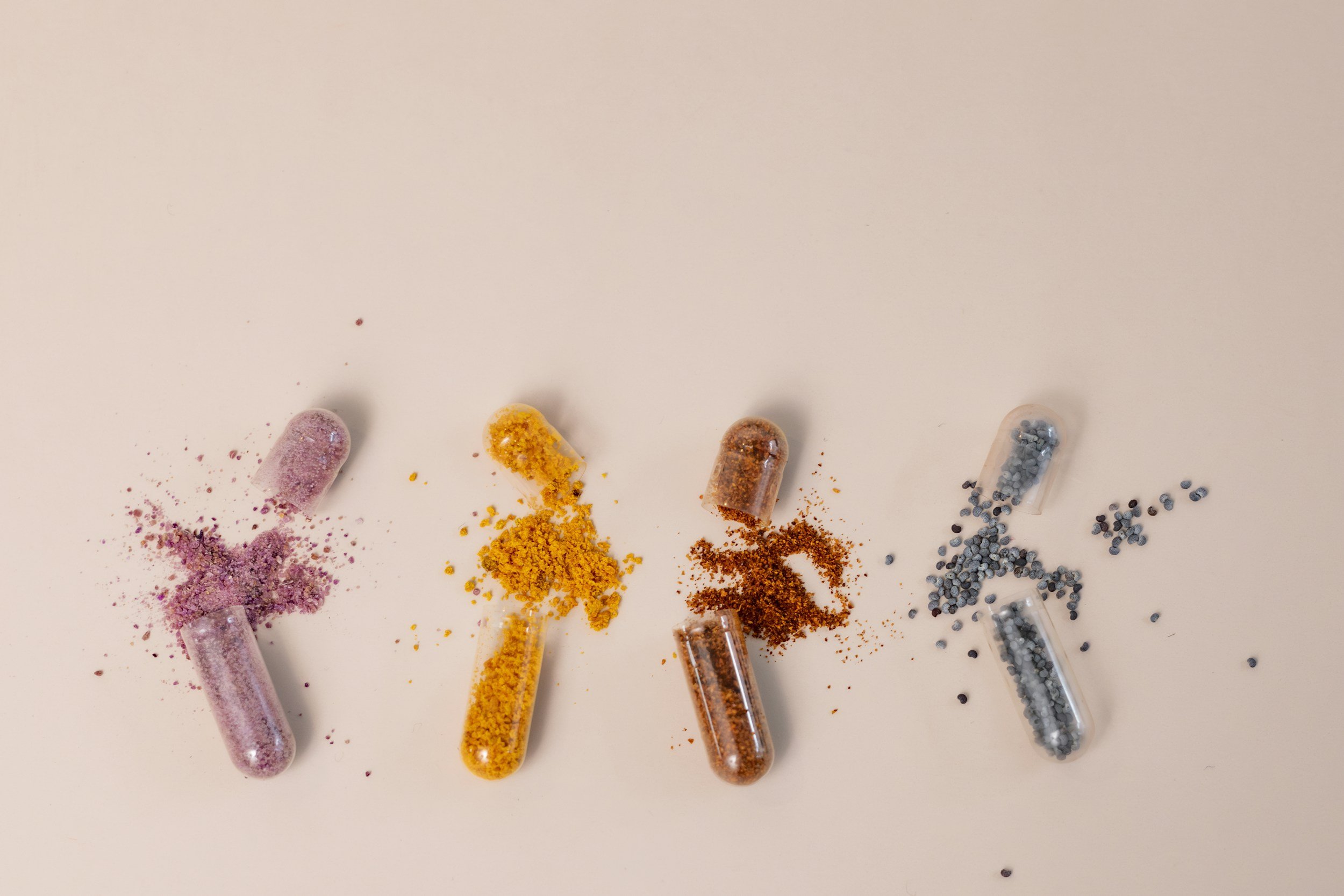
Best Supplements for Brain Fog Without Caffeine (2025 Neurologist Guide)
Recent clinical studies reveal that caffeine-free brain fog supplements work through three key mechanisms: reducing neuroinflammation, supporting mitochondrial function, and enhancing neurotransmitter balance. Lion's mane mushroom demonstrates significant cognitive improvements through nerve growth factor stimulation, while magnesium L-threonate uniquely crosses the blood-brain barrier to support synaptic plasticity. Omega-3 DHA reduces inflammatory markers by up to 23% in brain fog patients, and rhodiola rosea adapts cortisol response for sustained mental energy without stimulant crashes.

Afternoon Brain Fog: Why You Crash at 2PM—and How to Fix It Naturally
Ever hit a mental wall after lunch—even when you slept fine? As a neurologist, I’ve seen this pattern in thousands of patients. Discover why afternoon brain fog happens (hint: it’s not just caffeine) and how to fix it naturally using tools backed by clinical science.
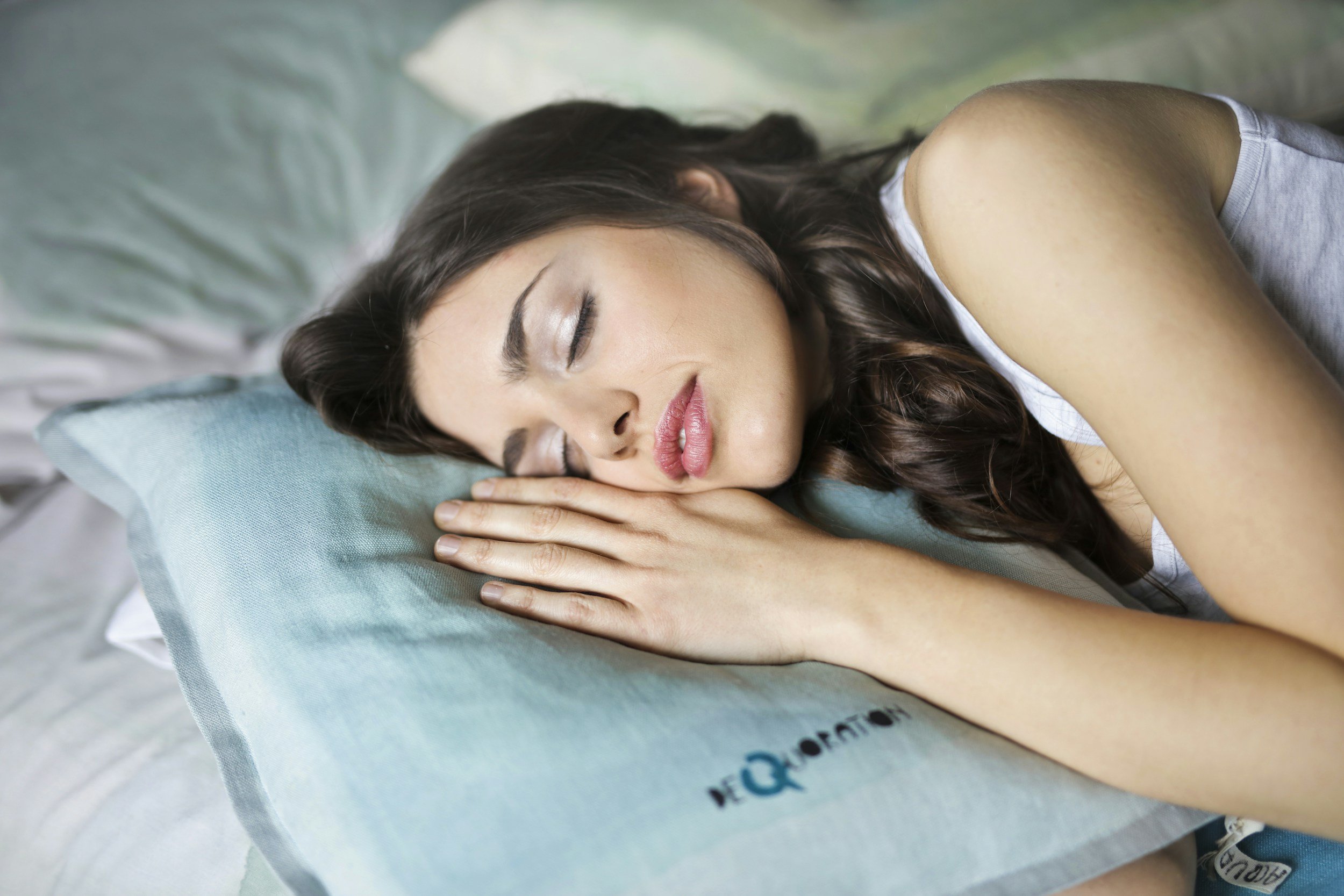
The Shocking Link Between Sleep Position and Alzheimer's Risk
Recent Yale Medicine research reveals a startling connection between sleep position and Alzheimer's risk. Side sleeping enhances glymphatic clearance by up to 25% compared to back sleeping, significantly improving your brain's ability to remove beta-amyloid proteins associated with Alzheimer's disease. Studies show just two hours of supine (back) sleeping reduces this critical brain-cleaning process, while left-side sleeping optimizes the glymphatic system—your brain's overnight cleaning crew that removes harmful proteins during deep sleep. Dr. Brain Good's 3-step sleep position protocol helps optimize this natural detoxification process to protect against cognitive decline.

Is Your Gut Health Destroying Your Memory?
Groundbreaking research from Stanford Medicine reveals the gut-brain connection directly impacts memory function and cognitive performance. Your gut microbiome communicates with your brain through the gut-brain axis, affecting hippocampal health and memory formation. Studies show specific gut bacteria patterns predict memory decline 6-18 months before symptoms appear, while intestinal permeability ("leaky gut") allows inflammatory compounds to damage memory centers. Dr. Brain Good's 14-day gut-memory reset protocol targets these microbiome imbalances to restore cognitive function and prevent further memory decline.

The Vitamin Deficiency Behind Your Afternoon Energy Crash
As a neurologist who's treated thousands of patients with fatigue and brain fog, I've discovered that afternoon energy crashes are rarely about poor sleep or stress. Instead, they're often the first warning sign of specific vitamin deficiencies that silently drain your brain's power supply.

Forgetting Names and Faces? These Early Signs Could Mean Something Serious
Forgetting names and faces more often? Learn the early signs you shouldn’t ignore, what’s normal vs concerning, and what you can do today to protect your memory.

10 Foods That Instantly Boost Memory According to Neuroscience
Struggling with brain fog, memory lapses, or focus issues? As a board-certified neurologist, I break down the 10 most powerful, science-backed foods to improve memory fast—backed by real clinical results, peer-reviewed studies, and brain scans. From blueberries to walnuts and turmeric, discover how your next meal can help you protect and enhance your brain health—especially after 40.

This Morning Habit Could Be Ruining Your Brain Health
Each day of brain-healthy morning habits builds upon the previous day's benefits, creating what neuroscientists call "positive neuroplasticity"—the brain's ability to strengthen beneficial neural pathways through repeated activation.

